Polish opposition dilutes EU summit's climate conclusions
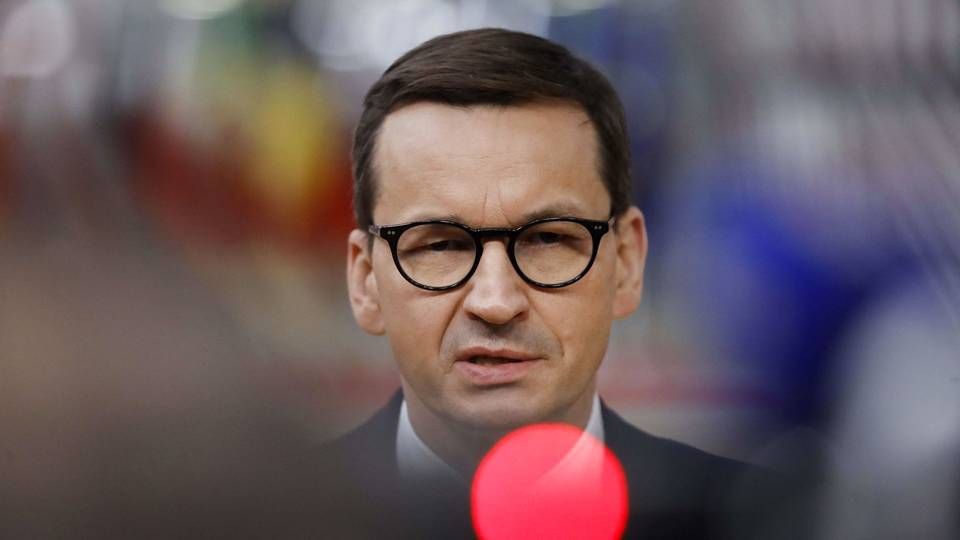
BRUSSELS
Before yesterday's summit was held in Brussels, it had already been decided that a row of thin conclusions would result from the meeting. However, things became even more diluted due to – true to custom – opposition from Poland.
The climate talks pertained to the distribution of efforts among member states concerning achieving the union's carbon reduction goal of at least 55 percent by 2030.
That objective is now completely ratified, and a document draft of the summit's conclusions that circulated around Brussels ahead of the meeting that began Monday afternoon in fact read that "the distribution of efforts between member states must be based on criteria in the existing Effort Sharing Regulation".
The document also wrote that heads of state and government underlined the need to strengthen broad sector measures and policies to hit the greenhouse gas reduction target. In other words, this means the EU's Emission Trading System (ETS) should be extended to encompass more industries than at present.
However, all references to the sharing of efforts were redacted from the final text, which now reads:
"The European Council will revert to the matter at an appropriate time after the Commission’s proposals have been submitted," the document writes in reference to the Fit for 55 package to be put forth by the Commission on July 14.
This package consists of a long series of both new and revised legislative proposals meant to guide the EU toward hitting the 55-percent target.
A long struggle approaches
That the text ended up being so redacted shows the level of controversy surrounding the question of burden distribution – as well as how entrenched the coming struggle is likely to be, prompting Danish Prime Minister Mette Frederiksen to say:
"We have come through [the discussion], but we we have not yet begun the battle – and it will be a big battle," she told journalists at a press conference after the meeting.
Polish Prime Minister Mateusz Morawiecki led the opposition to the issue at the summit, flanked by his colleagues from Romania, Bulgaria and the Baltic countries.
The concern is that, if the ETS system is to be expanded to include fuels used for cars and homes, which rumors would have will be the case, then the union's poorer countries and their residents would be hit the hardest.
On the other side of things figure nations such as Sweden, Denmark and Germany, which hold that Eastern European economies should be subject to higher reduction goals because these countries must lower the emissions despite difficulty in doing so. Such reductions in these member states are seen by the others as the lowest-hanging fruit.
"The old logic that some should be practically exempt for having to contribute, and that others should contribute very much, doesn't help the climate, and I don't think [doing so will help us] help us achieve our objective," Frederiksen said after the summit.
An EU classic
EU Commission President Ursula von der Leyen, who was present to take note of member states' concerns and objections, clarified after the meeting that considerations will still be given to each national economy in regard to the distribution of efforts, thereby placing the greatest load on the strongest shoulders. This is in fact the case today, with burden distribution tied to national gross domestic products.
"It is clear that we will keep the principles [of the ESR], which are principles that one the one hand make sure that there is fairness between member states and within member states, but also cost-effectiveness and innovation," von der Leyen said.
Poland, however, argues against giving consideration to cost efficiency because, even though closing a coal-fired power plant in Eastern Europe might eliminate more net carbon dioxide than rolling out electric cars on western roads, the costs borne by the East are greater.
"We can't use the same measure for emissions reduction measures for a building in Sofia and one in Amsterdam," Morawiecki said after the summit and also demanded more money from the so-called modernization fund, which gets a cut of ETS proceeds.
Although the money discussion was, just as forecast, an issue no country dared address as things presently stand, thereby treating the matter in customary EU fashion by postponing the question until after the summer holiday season when the whole Fit for 55 package has been presented and reviewed.
English Edit: Daniel Frank Christensen


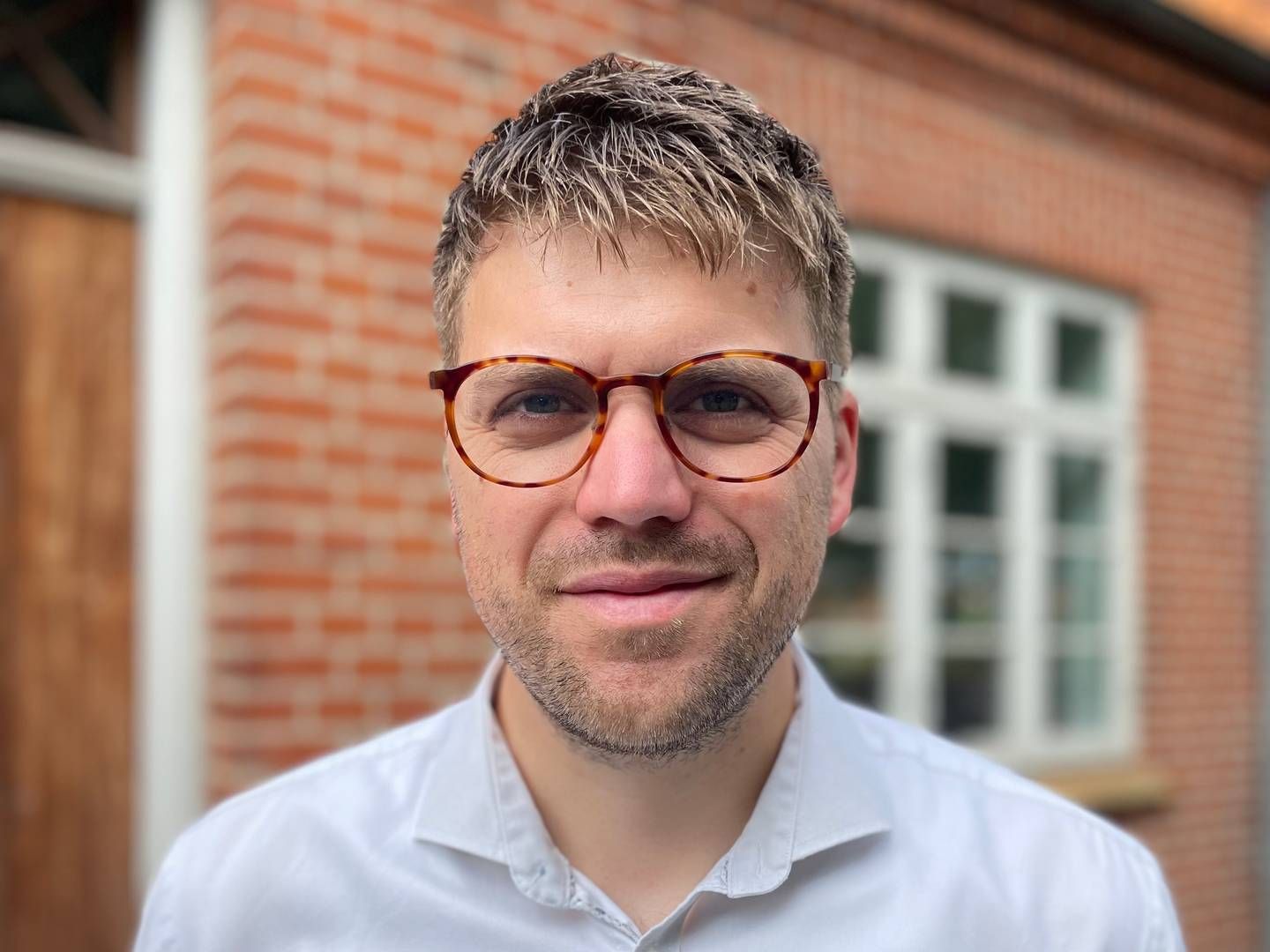
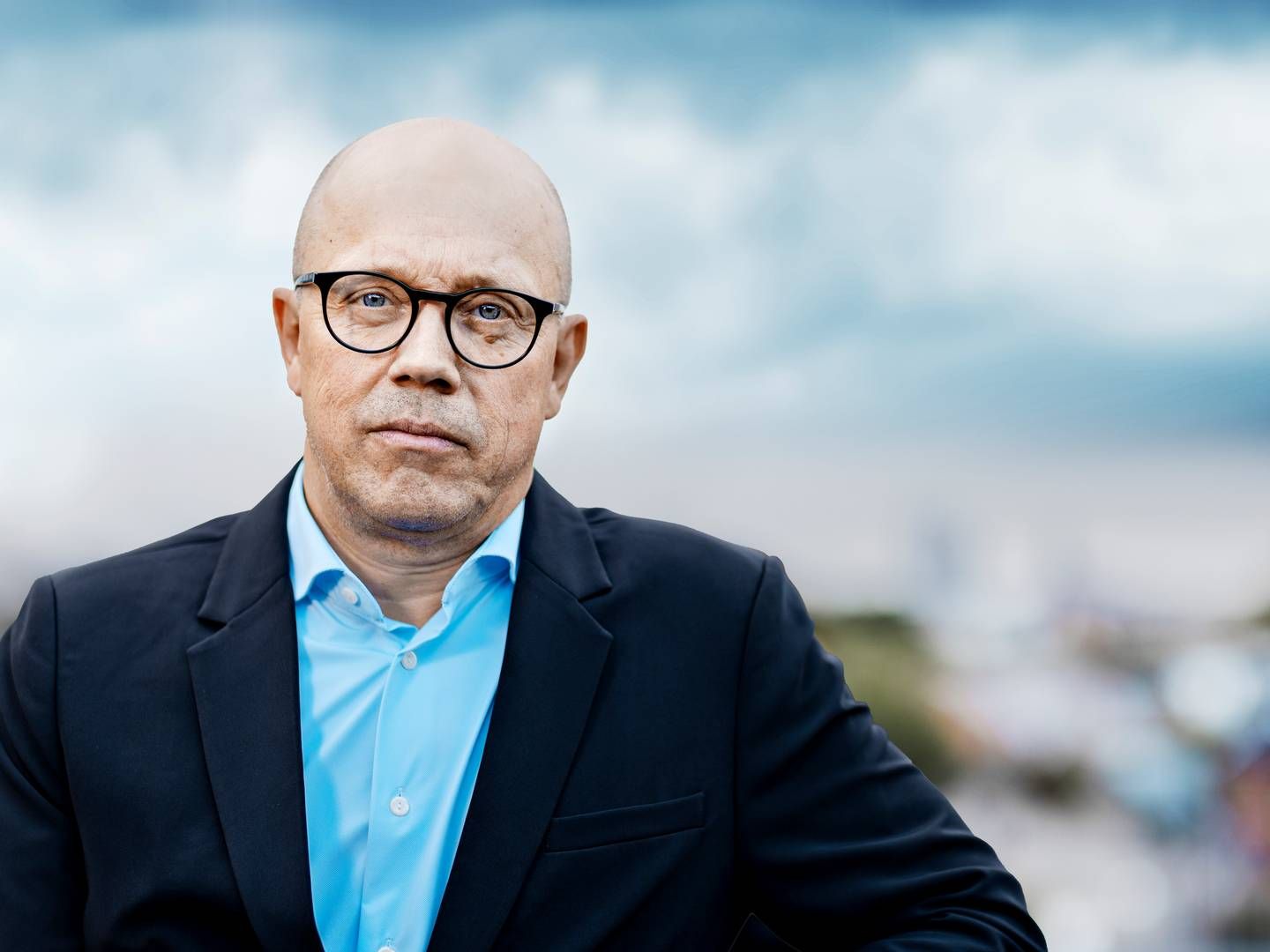






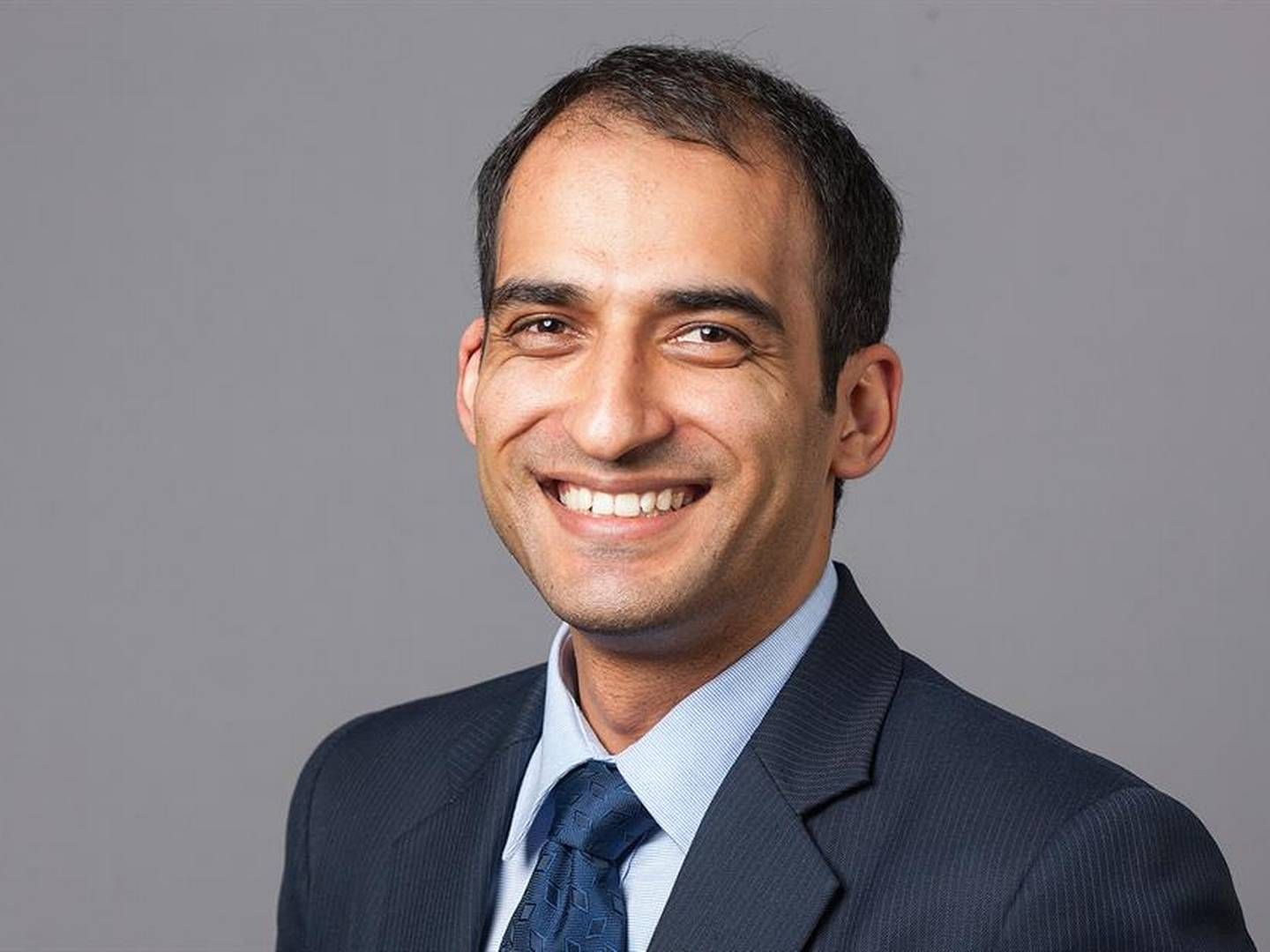



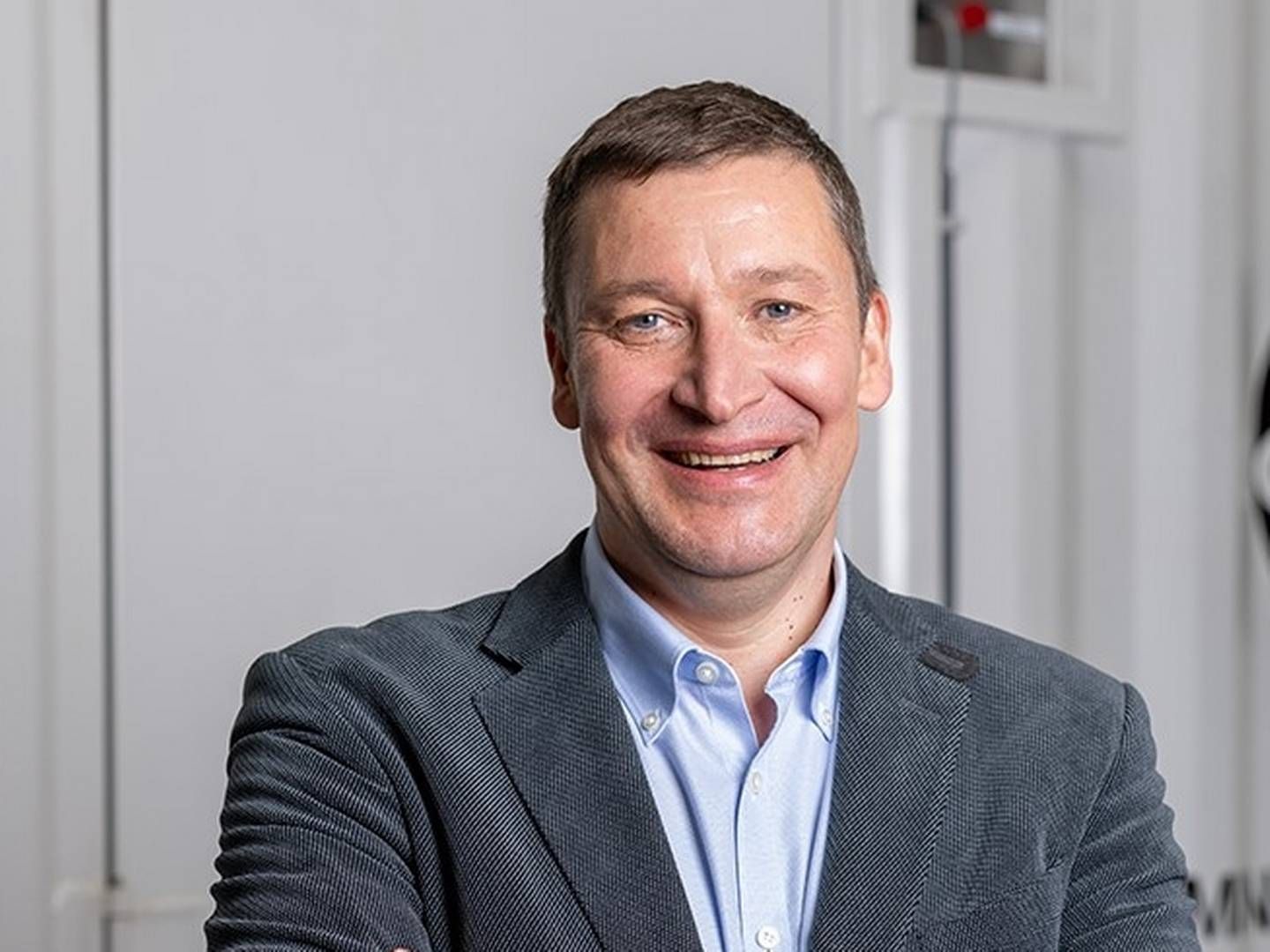
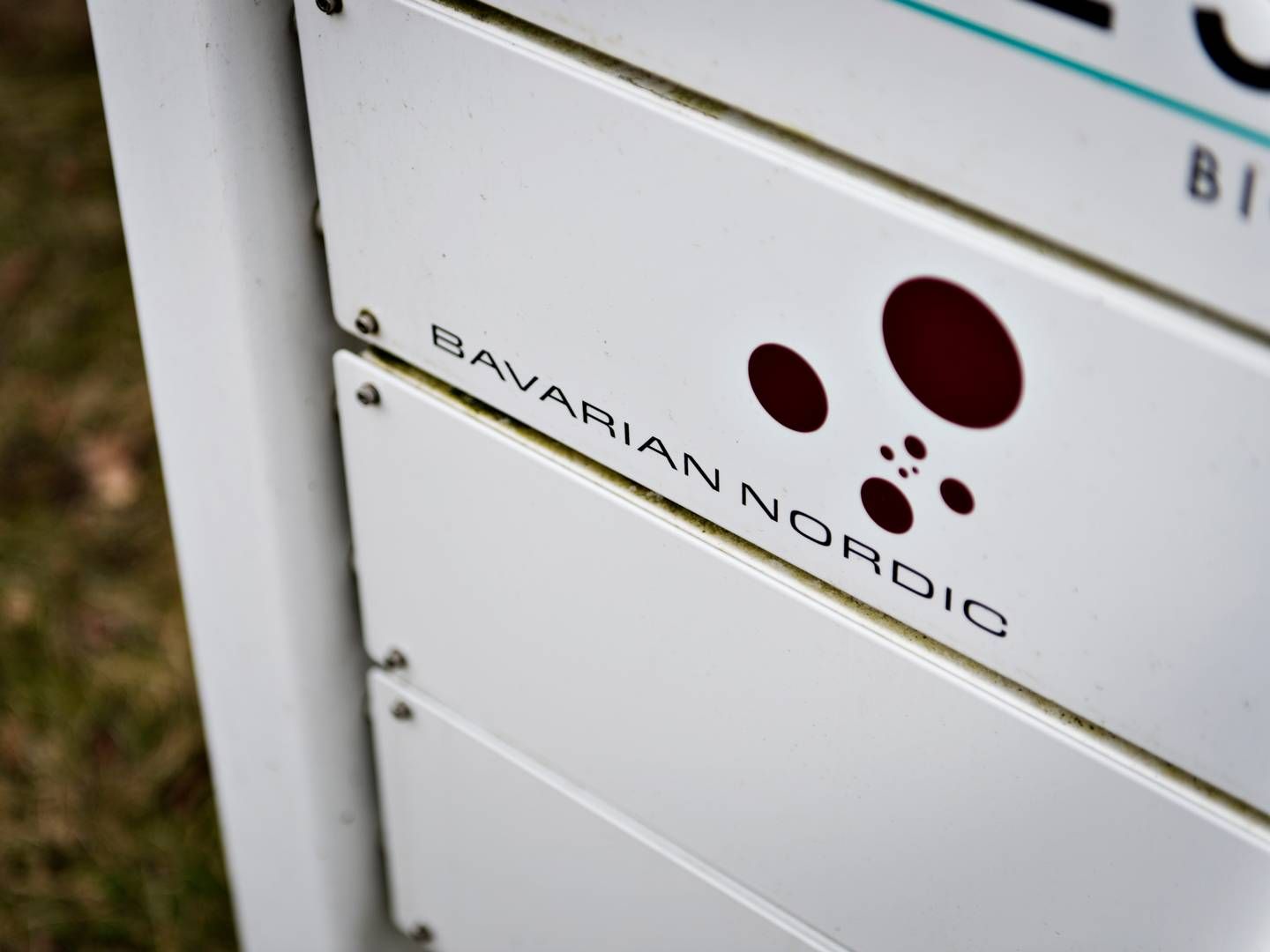
.jpg&w=384&q=75)





